
Reflections
Participants reflect on the impact of the workshops and share their creative responses
John William Waterhouse, ‘Penelope and the Suitors’
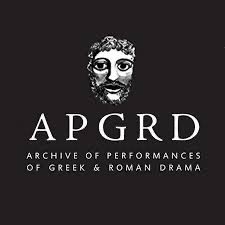
Weave, dream, wait, repeat. New discoveries in the Penelope archive.
Dr Zoe Jennings, who was recently awarded her PhD in Classics at Oxford, here unearths some global contemporary tellings of Penelope’s story.

In conversation: approaching Penelope as an opera singer
A conversation between Rozanna Madylus, who sings the part of Penelope, and Roza Herwig, who sings the part of Penelope's Shadow. What is it like to workshop and perform the complementary roles of Penelope and her Shadow in 'Penelope's Web'?
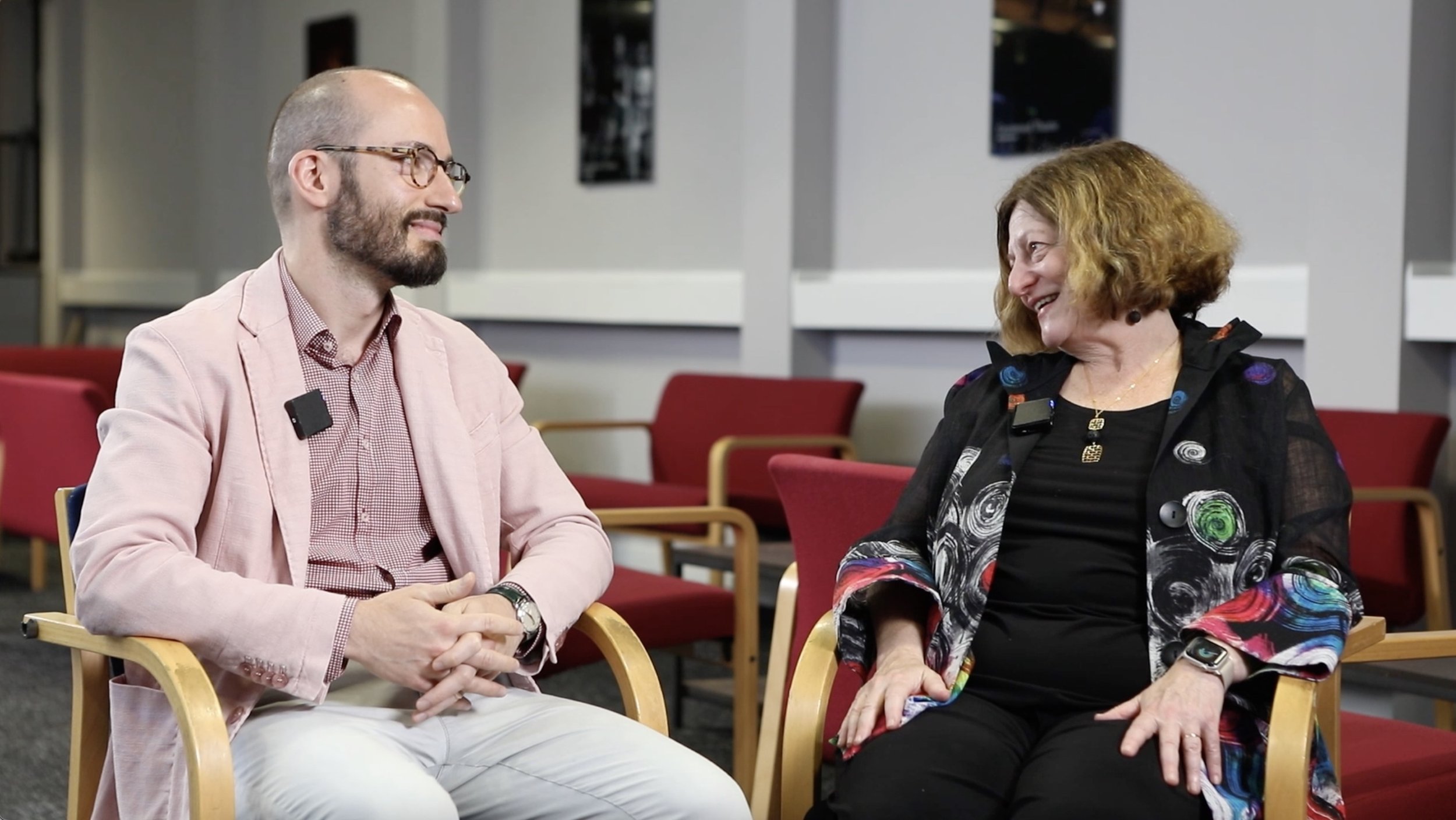
In conversation: Penelope in musical receptions
A conversation between Professor Wendy Heller, Scheide Professor of Music History (Princeton University) and Professor Eugenio Refini, Professor of Italian (New York University). From Monteverdi to Previn, how has Penelope's character been developed through works of music?

In conversation: from choral scholar to opera chorus
A conversation between two choral scholars from King's College London: Eliana Covell and Lucy Stewart. What have they learned from their experience of workshopping and performing in 'Penelope's Web'?
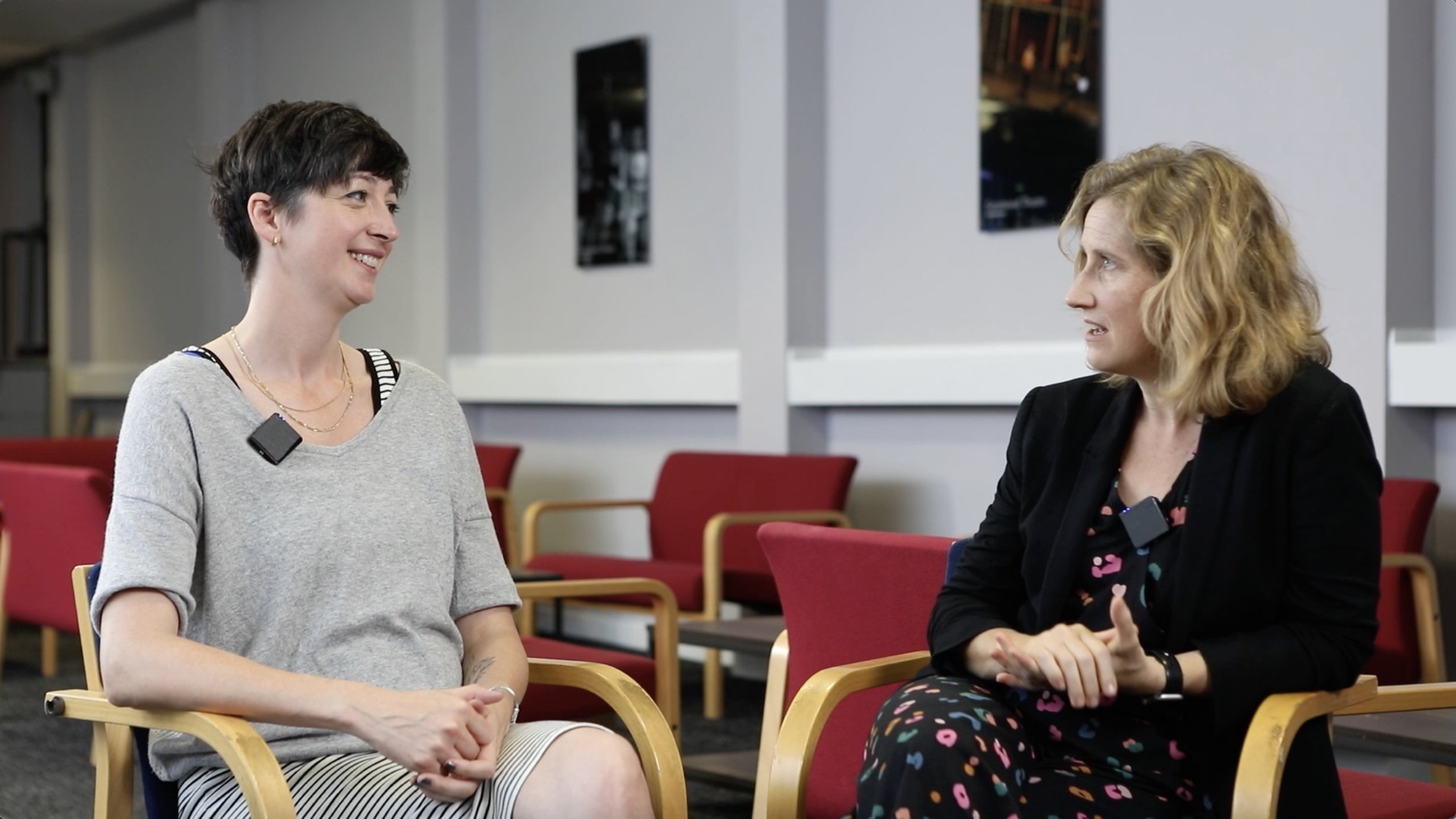
In conversation: from ancient chorus to modern performance
An interview with Prof. Lucy Jackson, Associate Professor in Classics (Ancient Greek Literature), Durham University. Lucy shares her expertise in ancient Athenian dramatic choruses and their modern staging.

‘In Hades / In Ithaka’ performance
The film and photographs record the performance of 'In Hades / In Ithaka' at the 'Penelope's Web' workshop that took place in June 2024 at the Greenwood Theatre, King's College London.

In conversation: Helen Smee and Lorna Robinson (podcast)
After their students’ fantastic contributions to the ‘Penelope’s Web’ workshop held in Oxford earlier in the year, Helen Smee and Lorna Robinson sat down to swap notes on the experience, and to share some of their insights based on years of working creatively with young people.

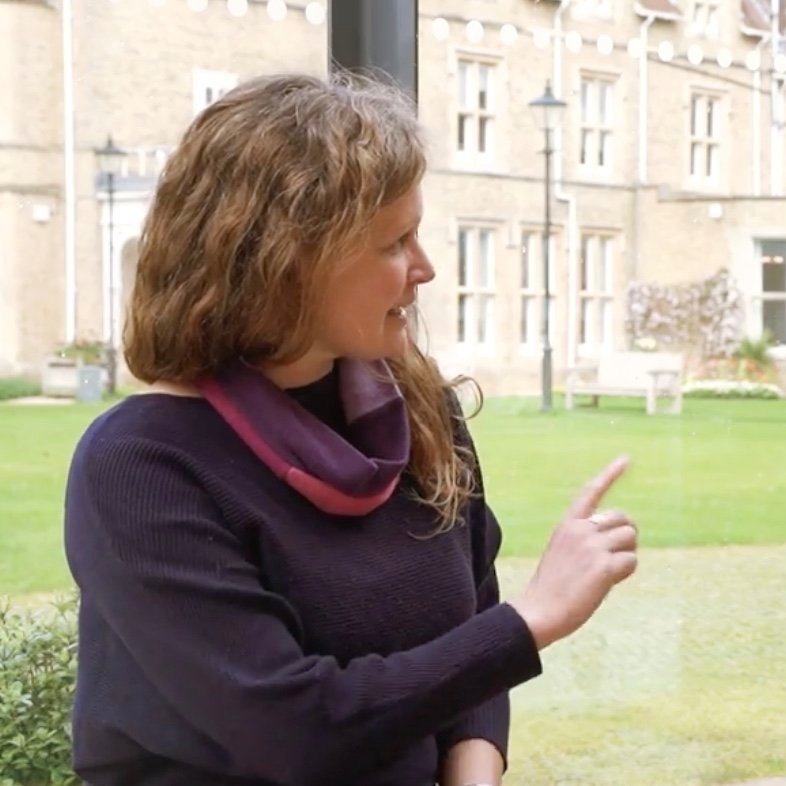
In conversation: Penelope’s afterlives
In this coversation Justine and Emily discuss why Penelope is such a rich character for creative reinvention, and reflect on why they find it so rewarding to work with performers and creative artists.
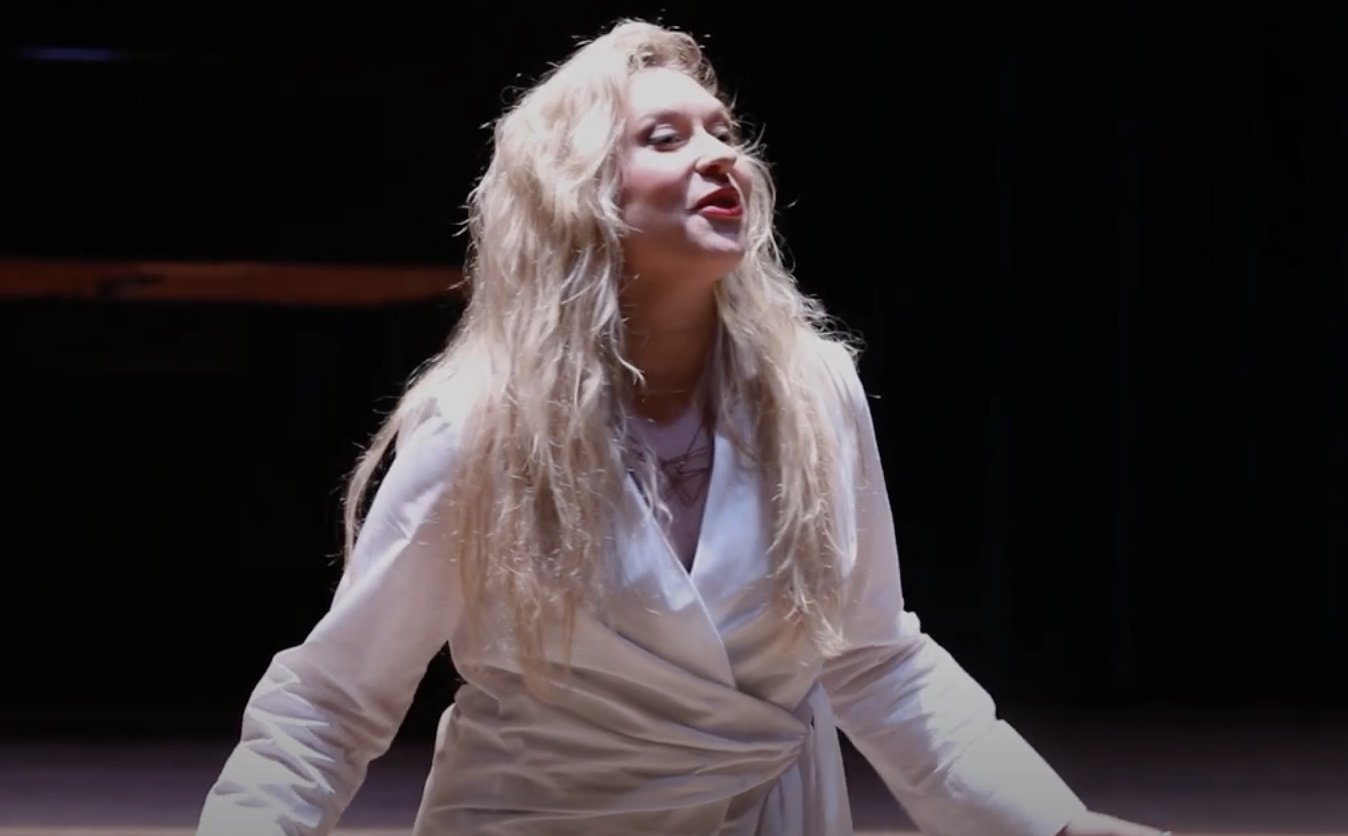
‘In Hades’ performance
This film records the performance of 'In Hades' that took place on April 19, 2024 at the Jacqueline du Pré Building, St Hilda's College, Oxford. It also includes an interview about the work-in-progress with Cheryl Frances-Hoad and Jeanne Pansard-Besson.
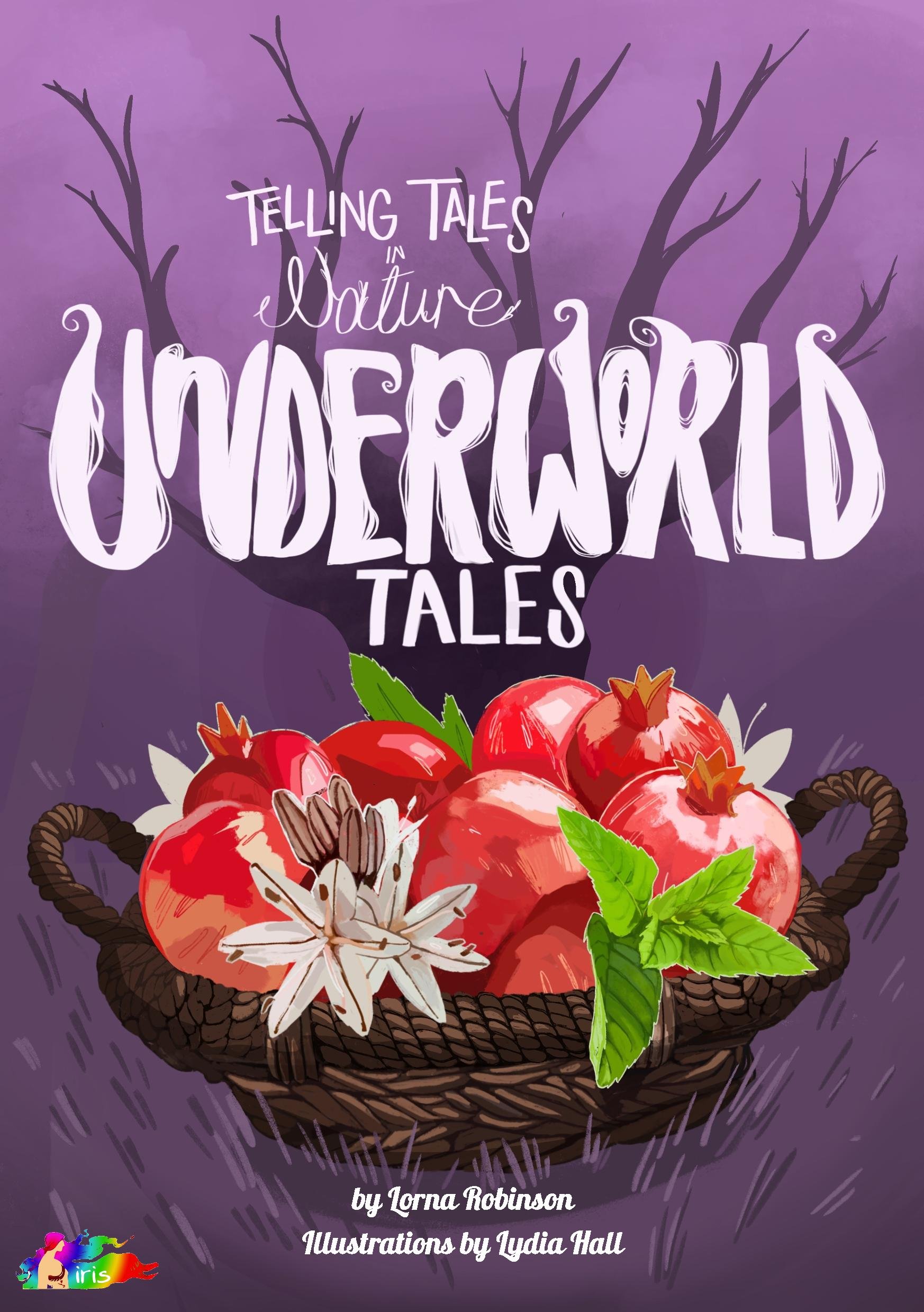
Giving Voice to Nature in Greek Mythology
Dr Lorna Robinson, Iris Project director, reflects on how she was inspired to write about the Asphodel Fields in her new book Underworld Tales.
As a young child of maybe seven or eight, I remember thinking that one of the most haunting pages of my Usborne Book of Greek Myths was the one about the Asphodel Fields. I wasn’t particularly drawn to the fiery punishments of Tartarus or the ethereal Elysian paradise. The eternity of ghostly wandering in twilit fields of pale flowers felt far more interesting. It might well have been because, even at an early age, I had a bit of a penchant for gloomy landscapes and wistful characters! But I think it was also because the stories of voices of the “ordinary mortals” who spent their afterlife there were implied but never told.
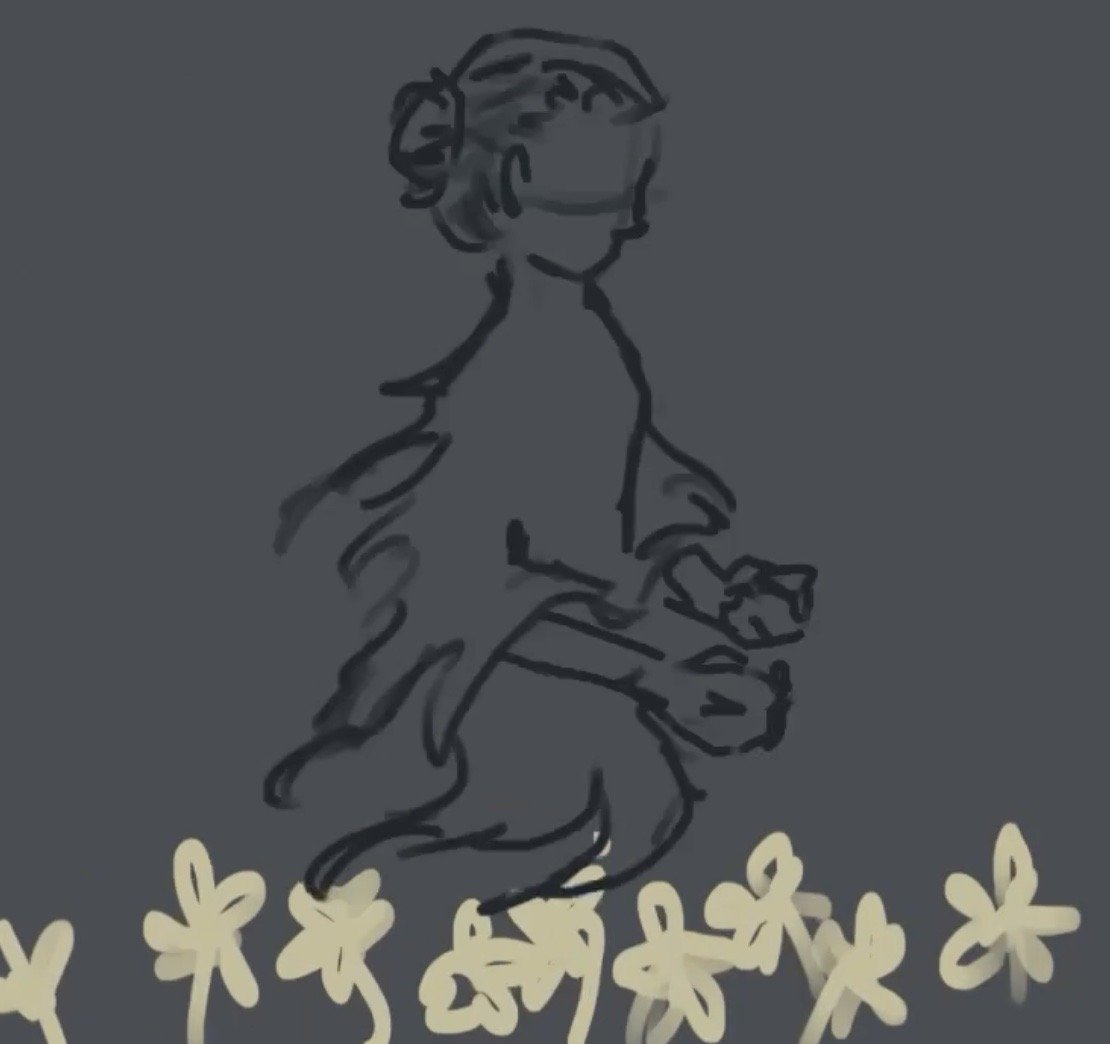
‘I am Penelope’ - creative responses
Year 9 and 10 Latin students from Cheney School, Oxford, creatively use visuals, sound, and text to imagine the stories of Penelope, Telemachus, and the enslaved palace workers.
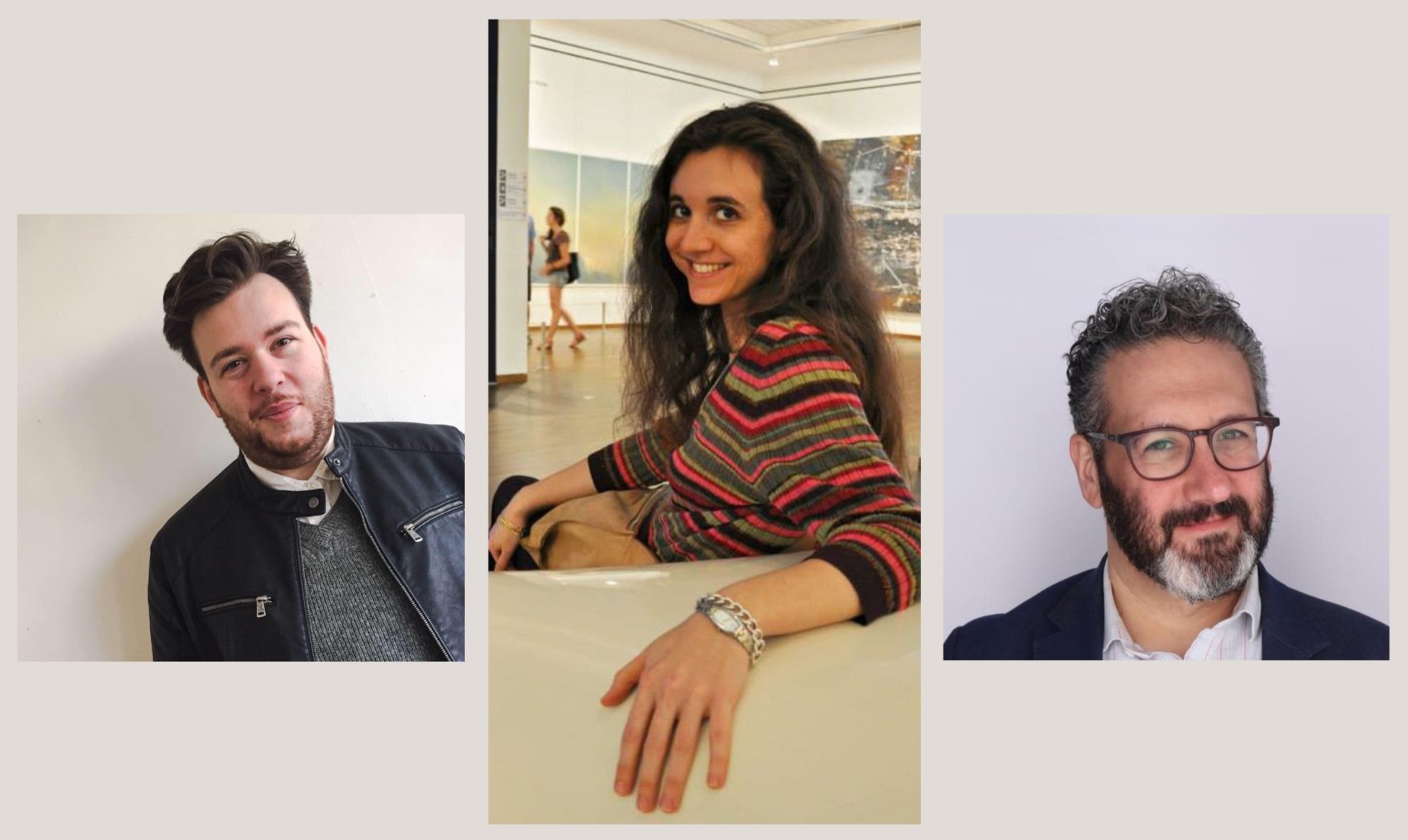
Translation and the sound of ancient Greek music
This online panel, ‘Translation and the sound of ancient Greek music’, is a discussion of what we know about ancient Greek music, how and why people have been so eager to reconstruct it, and how modern music has responded to the challenge of creating something new that still honours ancient soundscapes. What do we want to hear and feel, and what do we mean when we describe music-making as ‘authentic’ or ‘inauthentic’ in this context? Speaking were three fantastic interdisciplinary scholars and musicians: Tosca Lynch, Sam Dorf, and Toby Young.
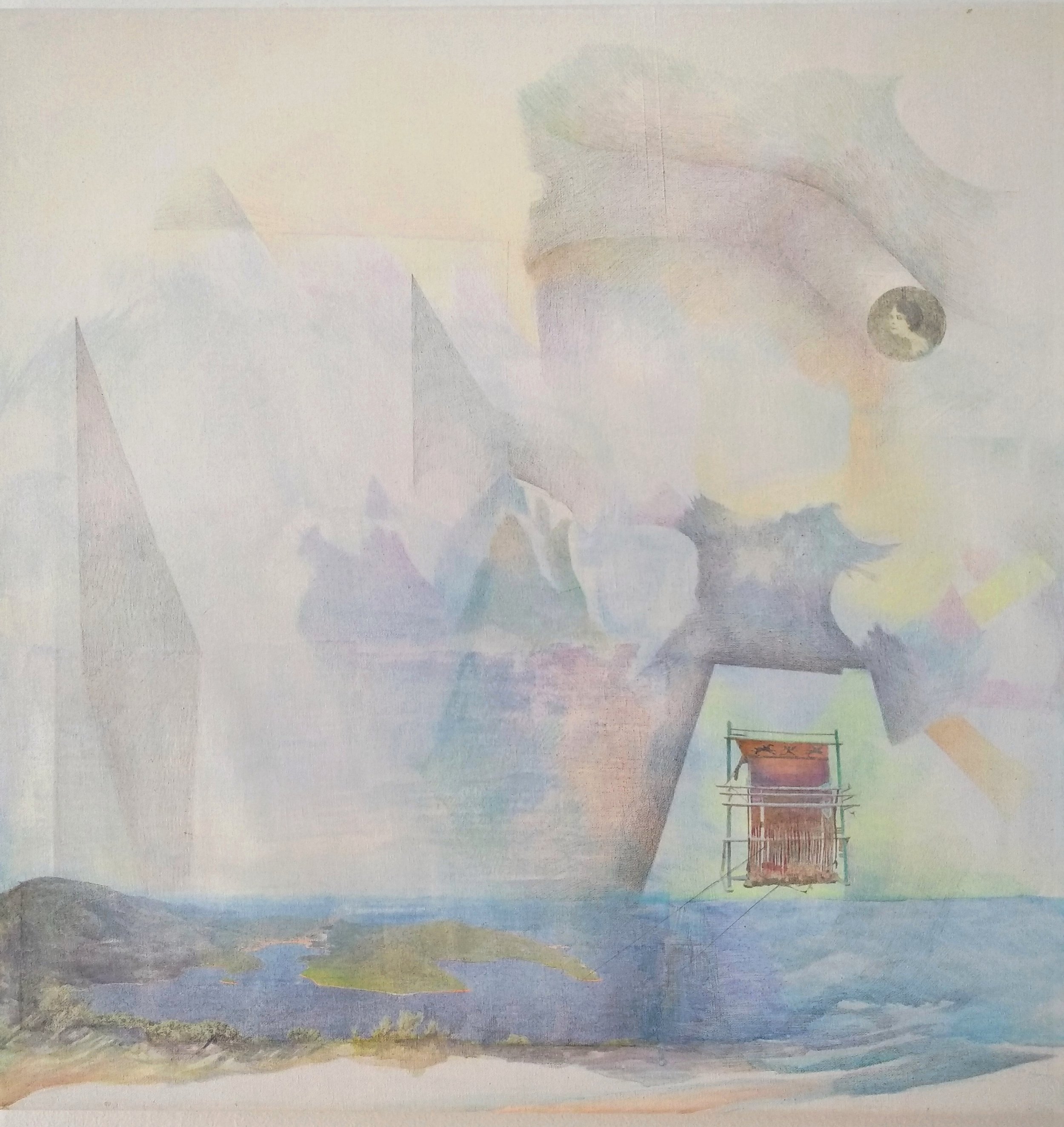
Alexis Avlamis, ‘Nostos’
Alexis Avlamis is a Greek artist whose paintings investigate the complexities of memory and identity. Taking an improvisatory and intuitive approach to his creations, Alexis’ work blurs the boundaries of the material and imagined worlds. The painting showcased here is called ‘Nostos’, and offers a vision of Odysseus’ return home. In the painting we find an exploration of what Penelope means to Odysseus, superimposed on a more elemental depiction of the sea, the sky, and the land.
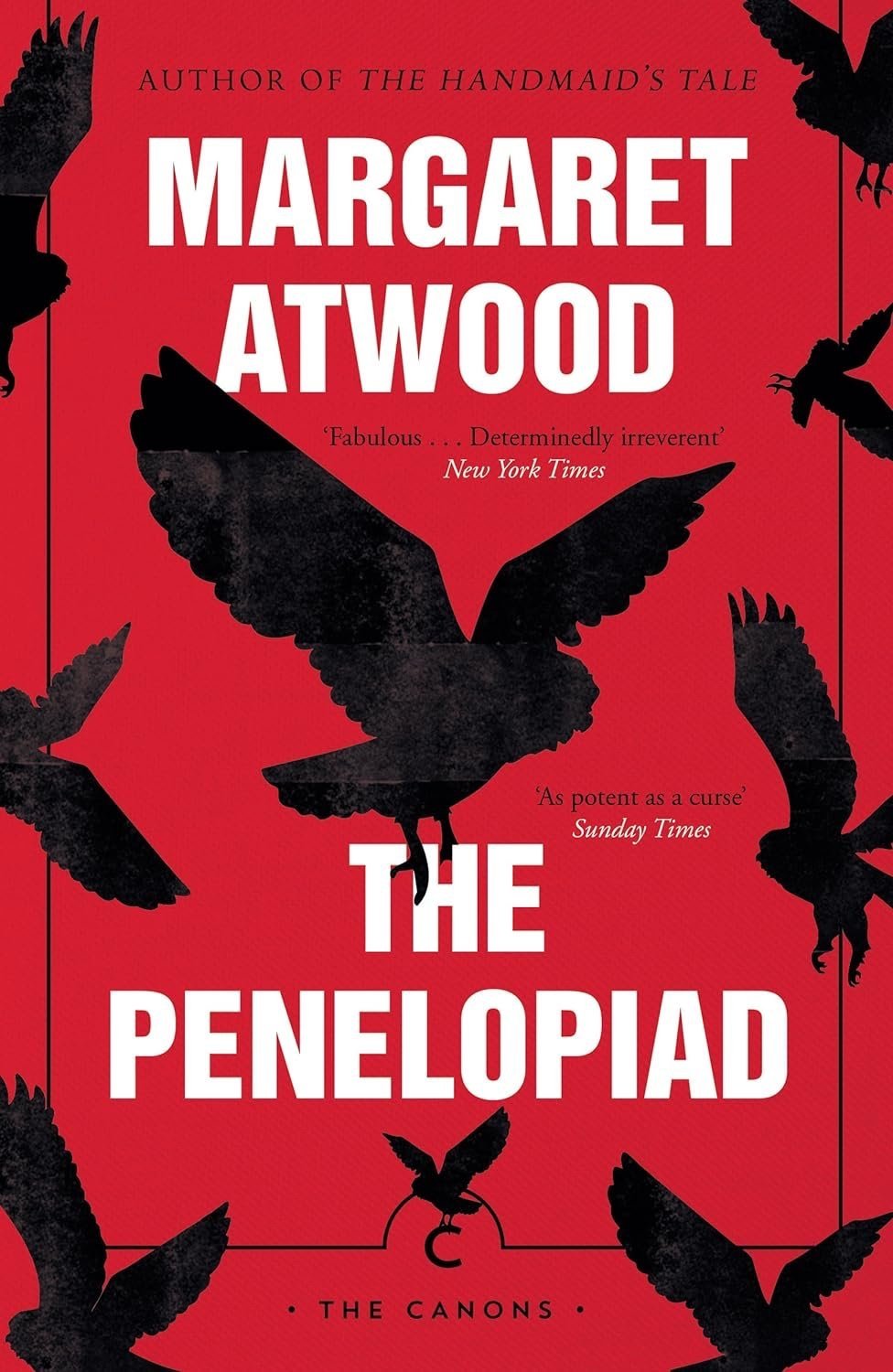
‘Let us just say: there is another story.’ A beguiling retelling.
Why is the word ‘beguiling’ used so often of the voices of the Odyssey’s women – sirens, goddesses, enslaved girls, translators, re-writers? Does it refer to the pleasure of hearing tales, the reward of being praised in song, and the satisfaction of telling one’s own side of a story? Or does it hint at the dangers inherent in storytelling, with all its exaggerations, distortions, and outright lies? Craig-Wood’s blogpost reflects on how Margaret Atwood’s The Penelopiad develops ‘another story’ by exploiting ambiguities in the beguiling tales told by the women of the Odyssey.

Pushing Back: Odysseys in Folkestone
On Wednesday 15th November 2023, an unusually sunny day, the UK Supreme Court released their judgement on the legality of the government’s so-called ‘Rwanda policy’…. On that very same day, by coincidence, the Being Human Festival and King’s College London were supporting a collaborative workshop in Folkestone with a group of men who could have been directly impacted by the Supreme Court judgement. ‘Writing Home: Myth, Letters, and Refugee Well-Being’, was an event shared with men who are all living in UK Home Office accommodation, having travelled thousands of miles from their homes to enter the UK asylum system. We gathered in a local drop-in centre, a cosy church hall whose drafty windows and outside toilets are offset by warm radiators and a kitchen stocked with cake and hot drinks.
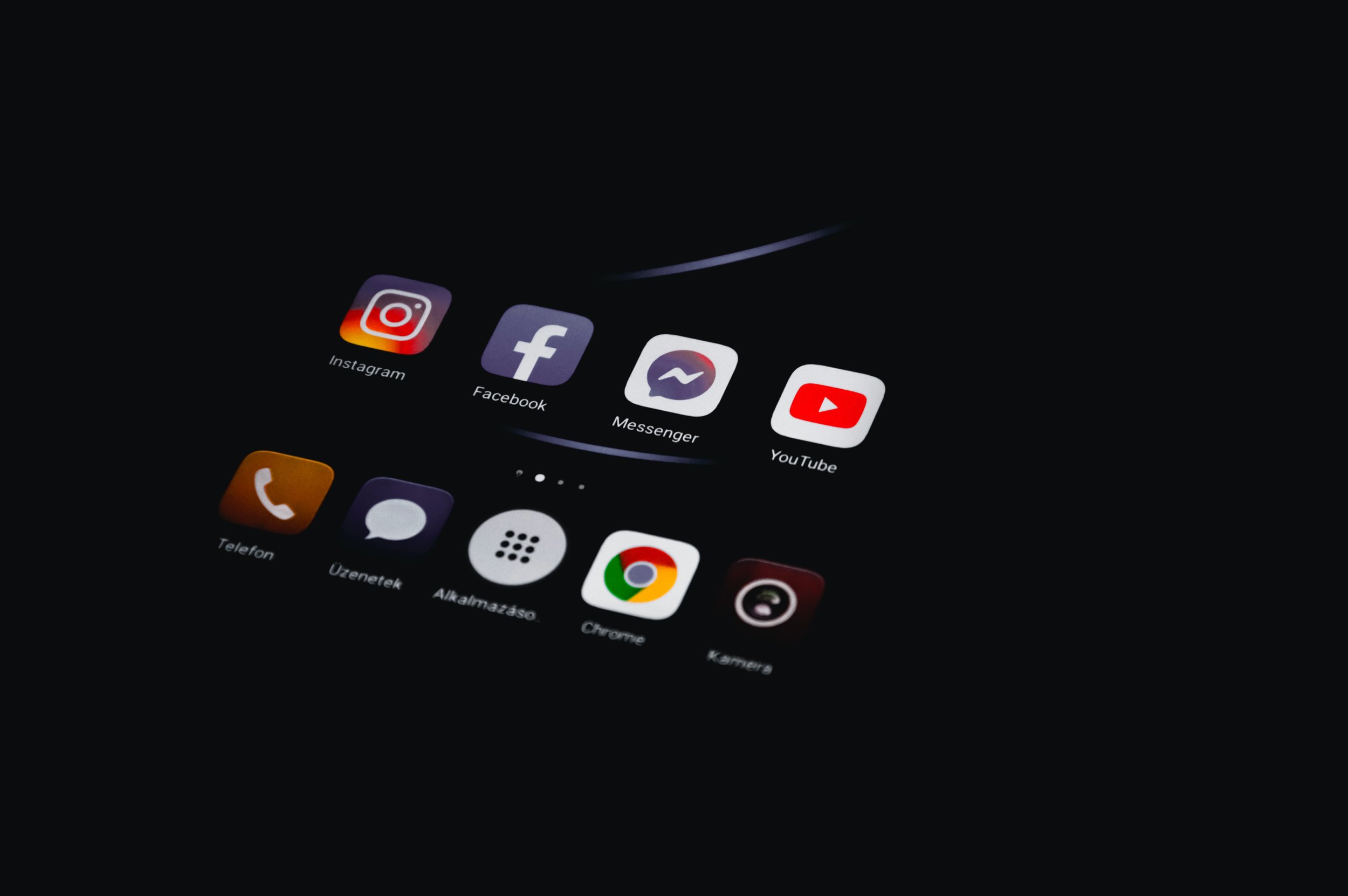
Ancient letters and modern social media
Earlier this year the new Digital Futures Institute at King’s invited people to submit videos reflecting on how we live well with technology….

On repeating Penelope
As a Latinist who works on Roman literature, which is often seen as nothing but a pale imitation of Greek ‘originals’, I’ve spent a lot of time thinking about repetition. In fact I’ve spent a fair bit of time writing about it too, including its sonic dimension. While Cheryl and Jeanne were starting to write an opera, I spent the first months of the Covid-19 lockdown mulling over some reflections that became the essay ‘Echoes of Eurydice’.
Today I sat listening to Cheryl and Jeanne once again introduce Penelope’s Web to a roomful of people, this time in Keble College, Oxford, at an event called ‘Penelope's Song: Beginning to write an Odyssey Opera’. Cheryl is starting a residency at Keble and will be spending some time there working on this project.

Woven feedback
Reflections and suggestions from students following ‘The Alternative Queen’s Speech’ workshop in Oxford, June 2022
I massively enjoyed the insightful peek into Penelope's life stuck at home for twenty years! The piano and singing skillfully incorporated the story into the sound; like Penelope's weaving, everything felt interwoven and interlaced…